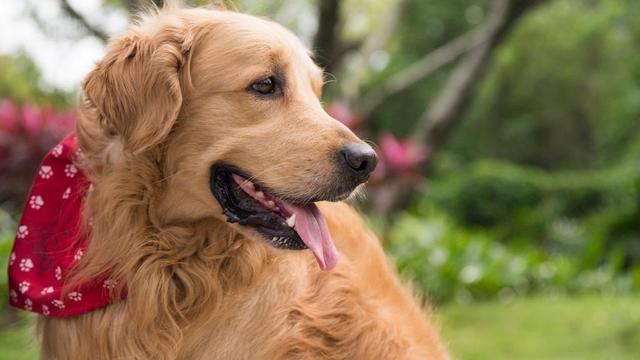When i was a kid, i crossed paths with a big wolf dog, and he's been on my case ever since. I remember it was to save my family's rhubarb (chinese field dog), in fact, technically, it should be rhubarb that saved me, and then i saved rhubarb again. What happened was that when i was in primary school, i was targeted by a big wolf dog one day when i came home from school. I knew something was wrong when i saw the expression on the wolf dog's face and rushed to run, but i was soon caught up with him.
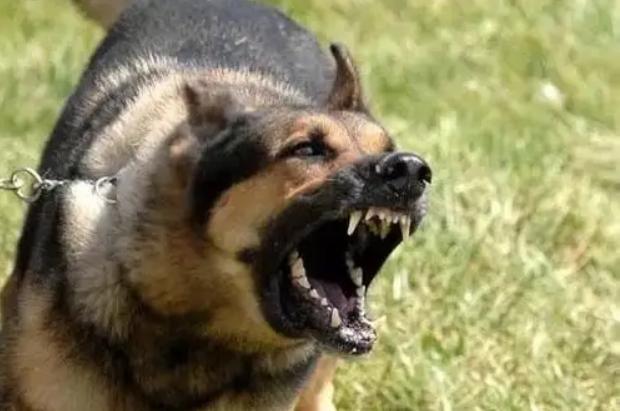
Just as the wolf dog was about to bite my leg, my family's rhubarb rushed up (there used to be more dogs running loose in the countryside, all playing in packs of three or five in the street) and proceeded to bite and tear with the wolf dog. To save rhubarb, i ran home and got a long stick and rushed up and beat the wolf dog away with two sticks.
From then on, every time i saw the wolf dog staring at me from a distance after school, i was so scared that i had to take a detour to go home every day, apparently it was the wolf dog holding a grudge and waiting for an opportunity to take revenge.
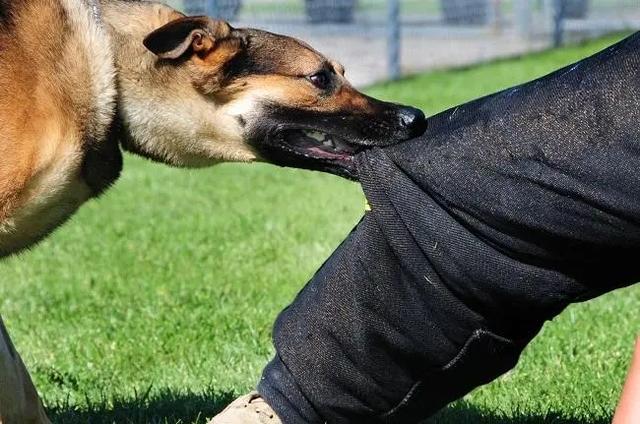
The next day after school, my mother waited for me not far from school and handed me a stick and told me to go after the dog while she protected me. I chased him home. Not to mention that it worked very well and the dog never squatted on me again.
So the question is, why do dogs hold grudges? How strong is a dog's memory? Let's talk about these two questions.
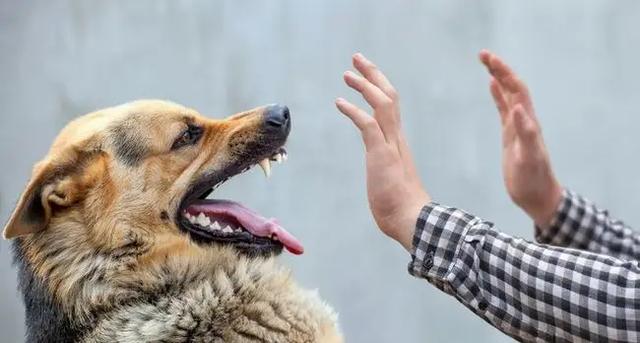
A dog's memory?
Any animal is divided into two modes of memory: Short-term memory and long-term memory, where short-term memory is something that will only be stored in an animal's brain for a few seconds, usually this kind of thing is an arbitrary event for the animal. Take us humans for example, we meet all kinds of people every day, and passing by someone without much crossover falls under short-term memory.
Back in 2015, a paper published in behavioural processes helped us to better understand the short-term memory capacity of animals, with a team of researchers led by johan lind, an animal behaviourist at stockholm university in sweden, testing the memory capacity of 25 different species of animals, from bees to dolphins.
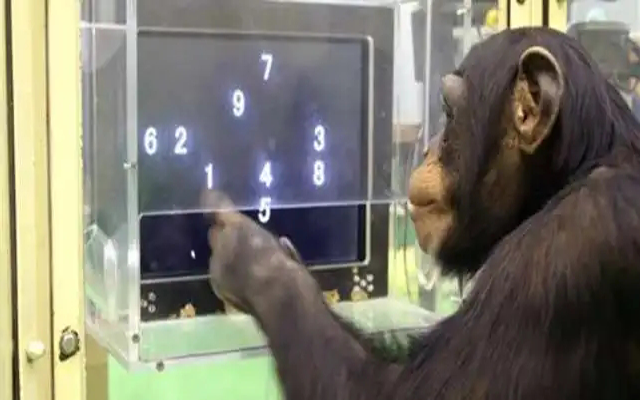
In the experiment, the researchers used visual stimuli, along with food incentives to get the animals to select what they had seen seconds before, and found that chimpanzees, the genetically closest species to humans on earth, had a short-term memory capacity of only about 20 seconds, and the other three primates involved in the experiment had even less short-term memory capacity than bees. The researchers eventually combined the performance of these 25 species and concluded that the average short-term memory time was only 27 seconds (for 25 species).
The dogs we are talking about today were also in the experiment, and the results surprised the researchers, as their short-term memory was about six times better than that of chimpanzees, and they could still remember what had happened 120 seconds earlier, on average, after 120 seconds.
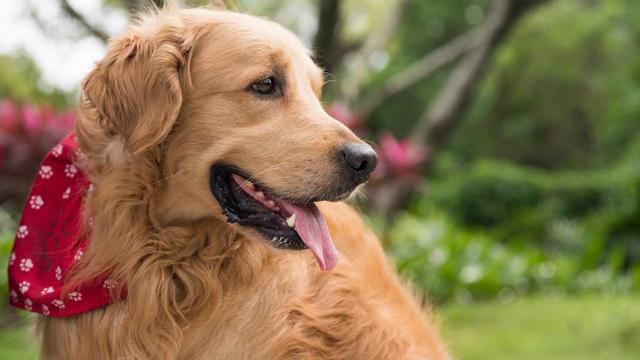
Of course, beyond 120 seconds, a dog's short-term memory is pretty much at its limit, so for arbitrary events, a dog's memory averages about 2 minutes, meaning that if a dog makes a mistake and you reprimand it, for the reprimand it will only remember it for about 2 minutes, after which it is thrown out of the window.
From this point of view, it seems that a human messing with a dog is an arbitrary event that should be in the dog's short-term memory, so why do dogs hold grudges for days, or even years? This would have to do with long-term memory.
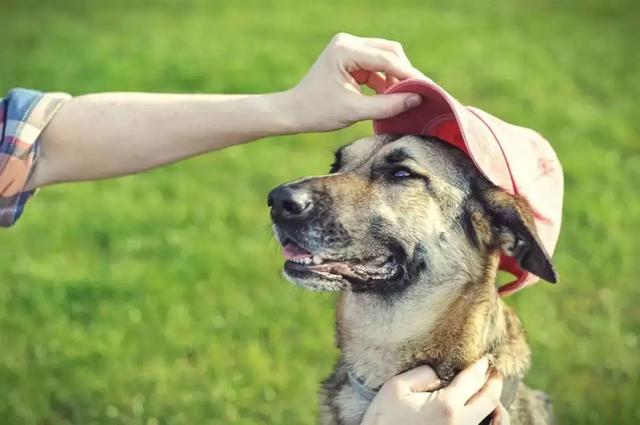
Arbitrary events can also become long-term memories
Long-term memory is when an animal forms a memory of something that lasts for a long time. For example, a dog usually remembers its owner for the rest of its life, which would be considered long-term memory. A dog that holds a grudge, on the other hand, is usually a dog that has been treated with malice by a human, which, on the face of it, is an arbitrary event, such as when we see a dog walking down the street and suddenly yell at it, startling it.
However, such an arbitrary event can also become a long-term memory because of the animal's instinct to "Avoid harm", which is a survival instinct.
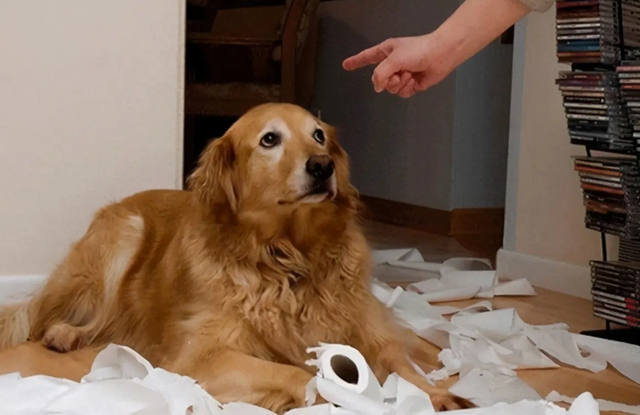
At this point, driven by instinct, the dog will not only form a short-term memory image in its mind, but will activate the form of memory it is good at, which is long-term memory, using smell and vision. Vision is a scene-triggered memory, which means that if we show disadvantage to the dog once, the first time the dog sees us again, the scene will appear in the dog's mind, just like the saying "Once bitten, twice shy".
In terms of smell, dogs are even more powerful as they have 10 times the olfactory epithelial area of humans (170 cm2 vs. 17 cm2), and a larger epithelial area means more olfactory cells.
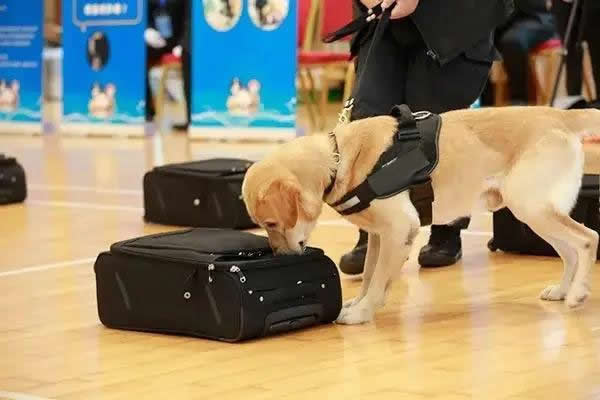
According to scientific studies, it is surprising that there are as many as 220 million olfactory cells distributed on the 170 cm2 olfactory epithelium of a dog, about 45 times more than in humans (about 4.9 million on average), so dogs can smell not only very distant odours, but also very low concentrations of odours. With the help of so many olfactory cells, once a human makes a dog feel threatened, they will memorise the human's scent and form a long-term memory. Afterwards, when the human appears in front of the dog again, even if it has changed its clothes or hairstyle, it will still be able to distinguish it by its scent.

The prerequisite for a dog to hold a grudge is necessarily that we, as strangers, first make the dog feel threatened. Although this is an arbitrary event, the dog instinctively uses scent and sight to remember the person who has threatened it, thus changing from a short-term memory to a long-term memory. When an animal feels threatened, there are usually two ways to behave: Run away or clear the threat, and most dogs will obviously choose the latter.
However, the only way to get a vengeful dog to give up the idea of clearing the threat is to make him more fearful of running away at the sight of it, at which point it is up to you to show him your strength and confidence.


